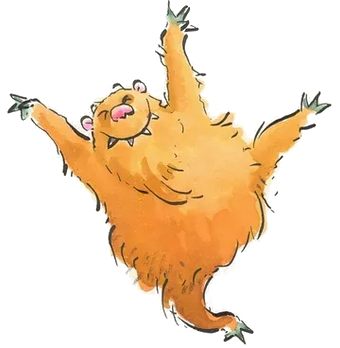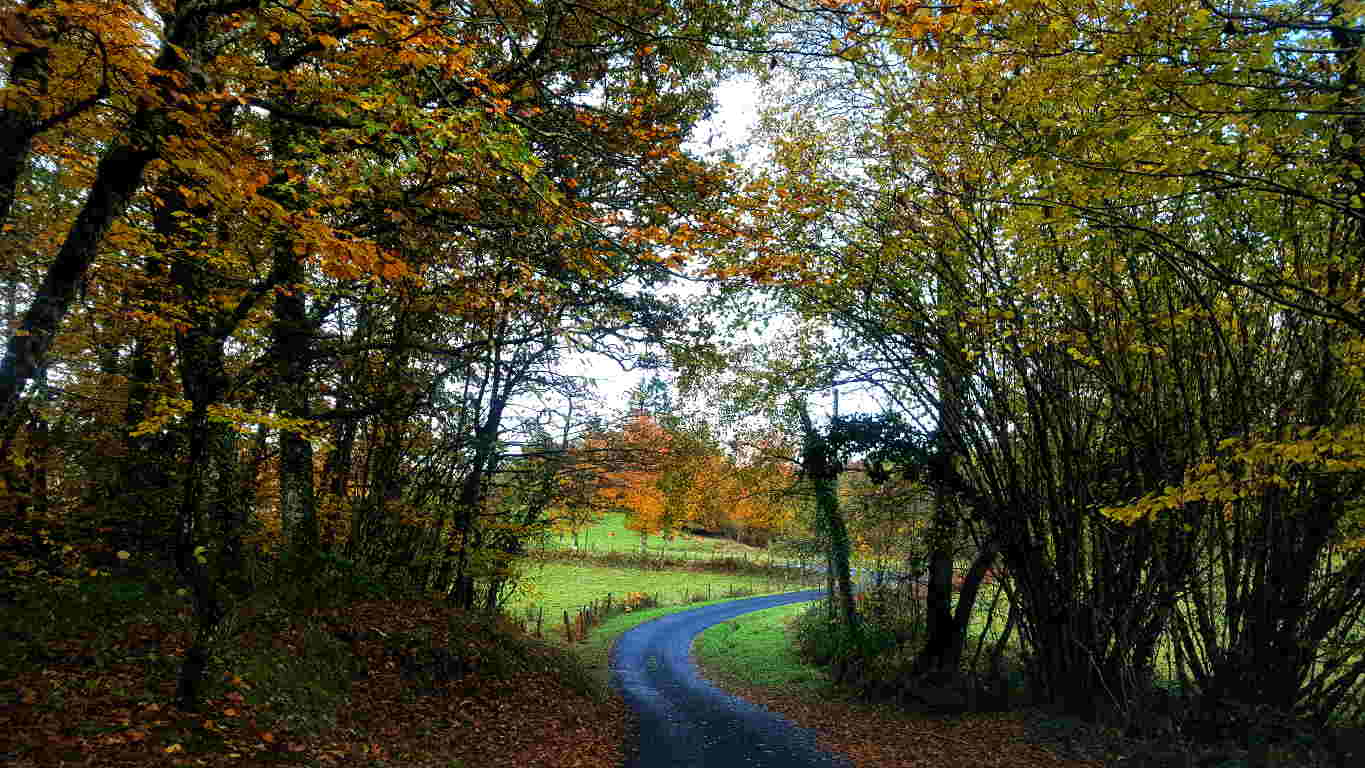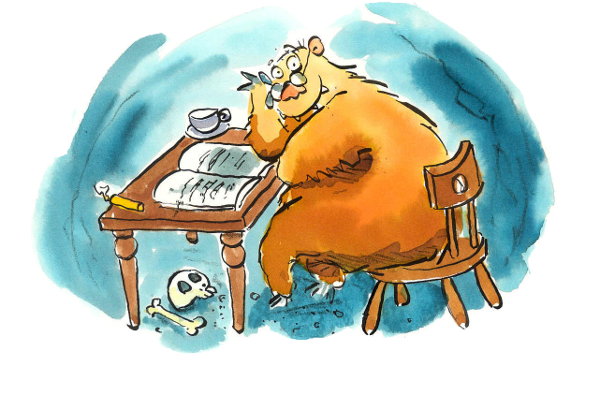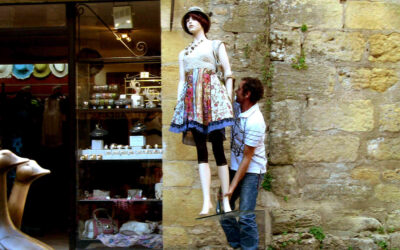There was just one occasion when nature hit me so powerfully in a few moment that I spent much of a long poem trying inadequately to describe it and the effect it had on my thinking. But of course such moments were the inspiration behind Keats’ ‘Ode To A Nightingale’ and Wordsworth’s ‘Daffodils’, learnt my many schoolkids and one of the best known and quoted poems in the English Language. Their works obeyed the conventions of their time and are far more regular in their rhythms and rhymes. I don’t know if I’d be able to write within such tight discipline, but one day, the power of a forest as it started to strip for Autumn forced me to try to describe it, and since I was driving down a long winding pas, I have the cheek to adapt one of Wordsworth’ most famous lines and do him homage in calling the poem
I Wandered Lonely As A Car
I need the help of Wordsworth to convey
these roadsides now: which drive away
all thought, as they invade my being,
to make me only eyes,
without the words to dive
enough within, to truly swim
among such colours, and such forms,
that I may pour in other glasses
some small essence of this sight,
and how it drenches me,
beyond the usual similes
to other forms and light.
Compared to this
a field of daffodils,
that dances on a windy day,
beside a lake,
is easy to express…
For here my sight is soaked
in tones and subtleties,
that crowd this road’s descent
through passing mists
and passageways of sun
that light the dew,
that soaks the leaves of ferns
and bows their heads
to show their backs,
aflame with brown, so pure,
it seems the essence of itself.
All down the edges of the road,
they contrast with the grass,
all shiny from its morning bath.
While framing every curve,
cascades of multi-coloured leaves
unwreathe themselves, to stream
through mist and rays of sun
in harmony of colours
like a palette of experiments
from yellow through deep red
to darkest brown.
Each leaf is separate,
and moves in individual breeze,
to make a social symphony
that human beings
have not yet achieved,
and each of them is clothed
in its most lovely dress,
astonishing our eyes,
as it gets ready to let go
and flutter down to death.
I am not there, as I inscribe
these lines, inadequate
to bring across the wonder
that I met, but even
as I rode I started to reflect
on their approach to leaving life,
so different from ours.
However hard we try
to sparkle in our final hours
we are reduced by modern medicine and fears,
to creep towards our ends in hospitals or homes,
where we have little chance
to rise up from our beds and dance.
I guess it’s foolish to complain.
“The good die young”, the cliché says,
and it is clear that smitten down
by accident or war, we may pass on
aflame, or coloured by
the brightest blood, to horrify
and fright our witnesses, and yet,
the minds borne off, perhaps,
exactly at, the perfect time,
may well approach their end like leaves
that start their change to skeletons and dust
while still afloat and dancing in the breeze.
They make a test for me, more hard
than I have faced at any moment of my life:
to take this stomach stuffed with medicines,
and mind that wriggles back to memories
and fears of what’s to come,
and shrug them to the side, so I
may have a real try to leap out of my seat
and take my feet to any road
where I may hang my thumb
and welcome all that life may bring along
until it smites me down
while still I’m spinning
in my dance.
I’d like to end
like Chaplin stuck inside a drum
when Limelight* ended and
his day was done.
*In the film, ‘Limelight’, Charlie Chaplin falls off stage and gets stuck in a drum, which the audience thinks is part of his act, but he’s dying, as he watches the love of his life as she dances on the stage. It is the one moment in his films I can never forget.




0 Comments